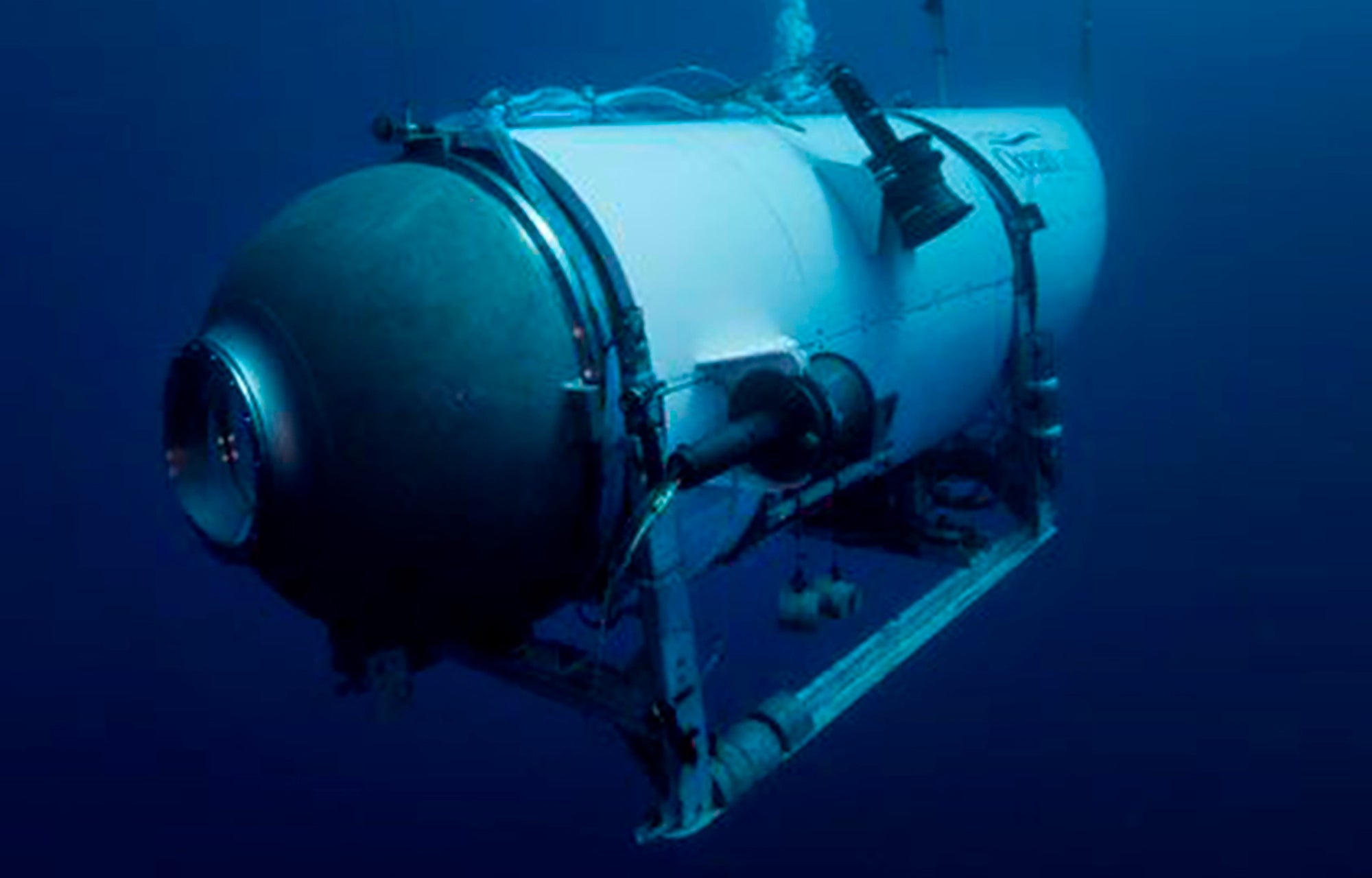The man who co-founded the company after the Titan sinking disaster believes it can “safely” send humans to Venus.
Guillermo Söhnlein, 58, made the discovery in a blog post in April, where he argued that humanity could try to live and work on Venus, despite its inhospitable conditions due to its proximity to Earth.
He believes that the challenges presented by Venus such as carbon dioxide and clouds made of sulfuric acid “can be overcome with respirators and acid-resistant materials.”
The Argentinian-born OceanGate co-founder also believes its inhospitable surface, which is around 864 degrees Fahrenheit (462 degrees Celsius), shouldn’t be a problem if people simply build a house 50 km into its air, where conditions are said to be similar to those on Earth.
Taking to his blog earlier this year, the Argentinian-born Oceangate co-founder wrote: “We can start our journey to Venus TODAY… and do it safely and cost-effectively.
“The reality is that Venus is much closer to Earth and has a much more similar orbit, which makes it much more accessible than Mars (lower cost, more frequent flyby windows, shorter transit times, safer high, etc.).
“Also, we don’t have to worry about making successful landings on the planet’s surface, which is one of the biggest challenges we face on Mars.
“If anything, one could argue that sending people to Venus BEFORE sending them to Mars might be a better way to safely develop the skills to create a Martian community.”

Söhnlein now hopes to encourage enough people to join a community that includes scientists, explorers and private investors to make his dream of reaching Venus a reality, despite the fact that humans have never physically traveled further than the Moon.
He co-founded OceanGate in 2009 with Stockton Rush, 61, who died last June when the Titan suffered a “catastrophic explosion” about an hour and 45 minutes after diving into the Titanic’s wreckage site a year ago today.
Söhnlein was still open about his more ambitious exploration plans last June after the Titan disaster.
He founded the Humans2Venus Foundation after leaving OceanGate in January 2020.
Undaunted by the fact that humans have yet to reach Mars, he believes the hottest planet in our solar system is ripe for colonization.
“I think it’s less aspirational than putting a million people on the surface of Mars by 2050,” he said. Business Insider in that time.
“It would raise eyebrows outside the space industry. And it even raises eyebrows within the space industry.
“Forget OceanGate. Forget Titan. Forget Stockton. Humanity may be on the verge of a major breakthrough and not benefit from it because we, as a species, will shut down and be pushed back into the status quo.

“[Sending humans to Venus] … it’s aspirational, but I think it’s also very achievable by 2050.”
As reported by Space.com, experts currently believe that human life on Venus is almost impossible.
According to the co-founder’s LinkedIn, his passion for exploring the uncharted hasn’t dimmed since the OceanGate disaster.
In January of this year, he founded Space Bridge Partners, a company that connects commercial investors with an interest in space exploration with missions.
Söhnlein’s LinkedIn also reveals that he was no longer working for OceanGate at the time of the Titan disaster last June, having ended his position as COO in January 2013.
